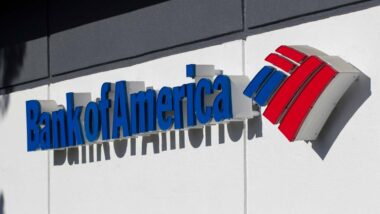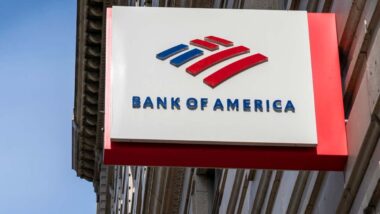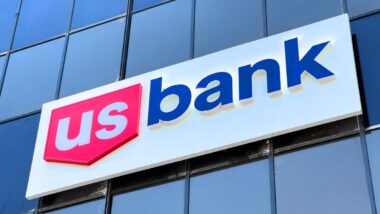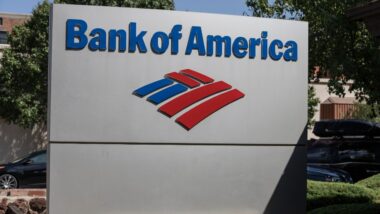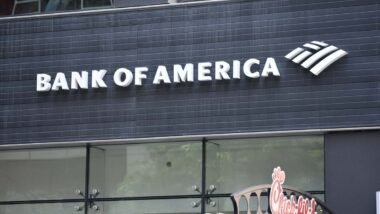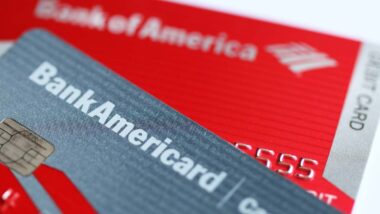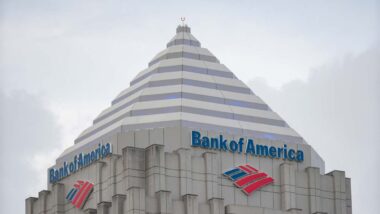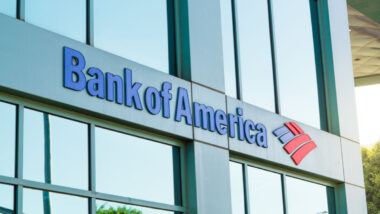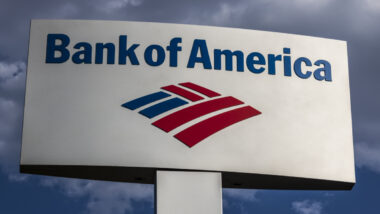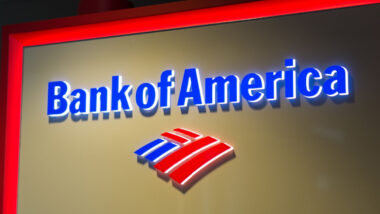Top Class Actions’s website and social media posts use affiliate links. If you make a purchase using such links, we may receive a commission, but it will not result in any additional charges to you. Please review our Affiliate Link Disclosure for more information.
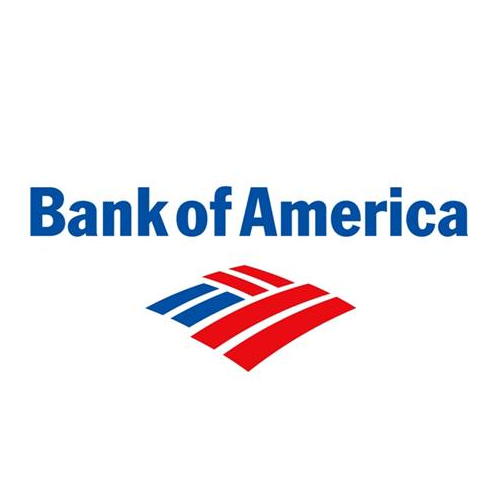
The complaint alleges that Bank of America violated the Telephone Consumer Protection Act (TCPA) by “negligently or intentionally contacting” Adrian on his cell phone.
The TCPA empowers consumers to choose how creditors and telemarketers can call the consumers. Because it is nearly impossible for consumers to avoid such calls, Congress banned automated calls to the home with the exception of emergency situations to prevent injury to the consumer. Otherwise, such calls are considered a nuisance and an invasion of privacy.
Background of Bank of America TCPA Lawsuit
In May 2016, Adrian began receiving calls from Bank of America to collect an alleged debt. He received calls on his cell phone from an “automatic telephone dialing system,” or ATDS, using “an artificial or prerecorded voice.”
Adrian received no less than 242 phone calls from Bank of America pertaining to the alleged debt, his claim states.
Around June 3, 2016, Adrian consulted with an attorney in order to file bankruptcy. In July or August of 2016, Adrian told Bank of America to stop calling him and to speak with his attorney. Still, the calls persisted through December 2016.
According to the Bank of America TCPA lawsuit, “through this action, Plaintiff suffered an invasion of his legally protected interest in privacy, which is specifically addressed and protected by the TCPA.”
The complaint goes on to say that he was “personally affected because he was frustrated and distressed that despite telling Defendant to stop calling him on his cell phone, Defendant continued to harass Plaintiff with calls using an ATDS.”
Adrian claims that the bank forced him to live without his cell phone “by forcing him to silence his cell phone and/or block incoming numbers.”
According to the Bank of America TCPA lawsuit, numerous incoming telephone numbers made it possible for the bank to protect its identity when the calls were made.
Adrian “believes and alleges that Defendant’s conduct of making repeated unwanted and unauthorized telephone calls to Plaintiff and its failure to provide meaningful disclosure constituted oppressive, malicious, despicable, gross and wantonly negligent behavior, which demonstrates Defendant’s conscious disregard for the rights of Plaintiff.”
The Bank of America TCPA Lawsuit is Case No. 2:17-cv-01217-DMG-AJW in the U.S. District Court for the Central District of California.
Join a Free TCPA Class Action Lawsuit Investigation
If you were contacted on your cell phone by a company via an unsolicited text message (text spam) or prerecorded voice message (robocall), you may be eligible for compensation under the Telephone Consumer Protection Act.
ATTORNEY ADVERTISING
Top Class Actions is a Proud Member of the American Bar Association
LEGAL INFORMATION IS NOT LEGAL ADVICE
Top Class Actions Legal Statement
©2008 – 2024 Top Class Actions® LLC
Various Trademarks held by their respective owners
This website is not intended for viewing or usage by European Union citizens.




